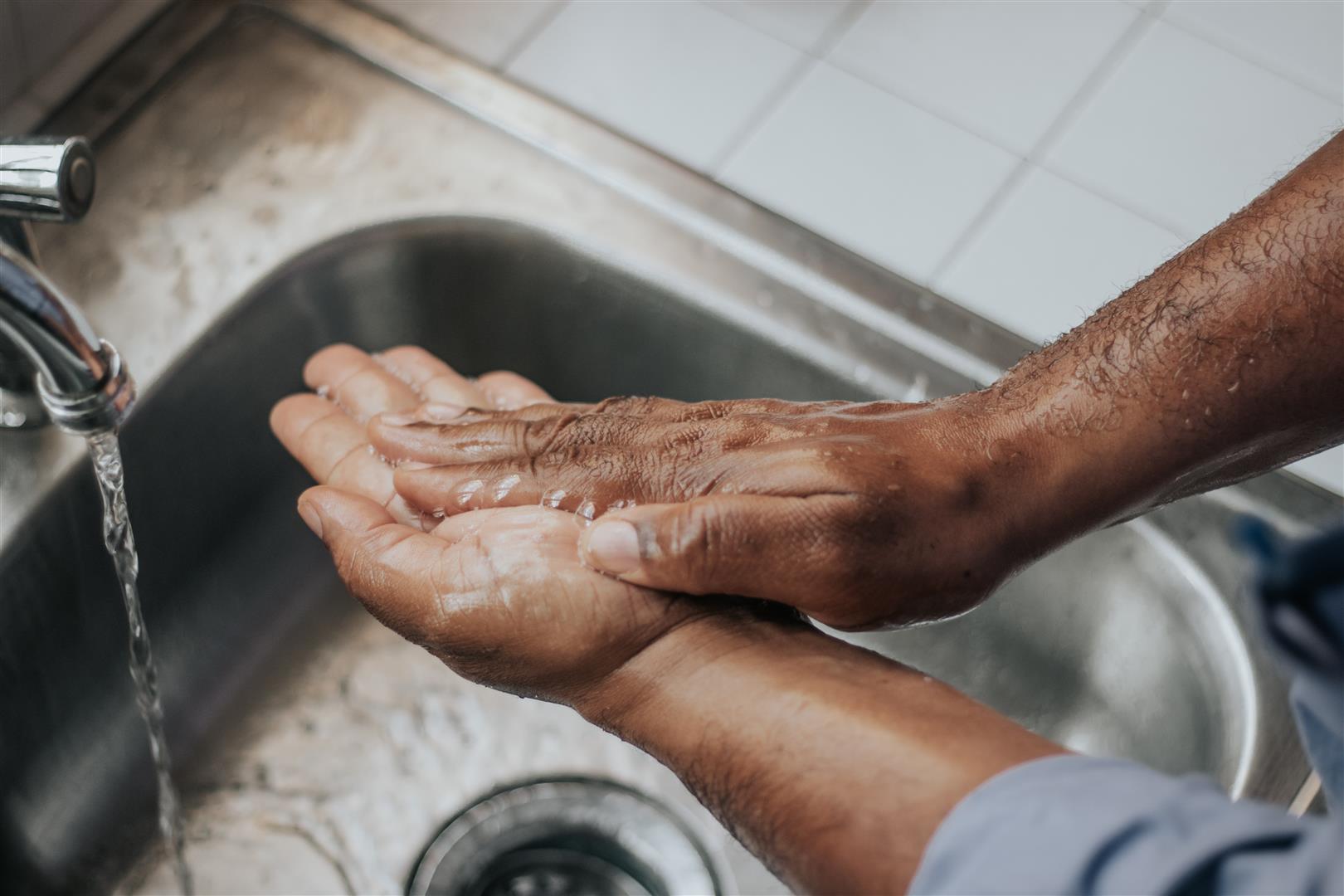Video
NATIONAL NEWS & VIDEO - Hand washing has never been more popular than in these trying times of Covid-19. Celebrities are challenging each other. With new songs, memes and social media pop-ups emerging every day, the trend of washing one’s hands has gone viral.
Hand washing has been part of medical belief for decades and yet so few people have made it a habit.
According to the results of a nationwide poll conducted by Pharma Dynamics, before the outbreak of Covid -19, six out of ten South Africans who participated in the survey washed their hands regularly.
Nicole Jennings, spokesperson for Pharma Dynamics, said the outbreak has had a profound effect on a practice that the World Health Organisation (WHO) and others have tried to instil among communities across the globe for decades.
“Jennings said that a study published in the American Journal of Tropical Medicine and Hygiene, which researched hand washing practices across 51 countries between 2010 and 2013, found that on average only 19% of people wash their hands after going to the bathroom.
“More than 1,6 million children under the age of five die annually from diarrhoea and pneumonia in primarily poor countries.
“Many of these communities do not have access to soap and water, but the outbreak seems to have expedited the delivery of water tanks and hygiene products to the poor and those living in remote areas around the globe, almost overnight. The response by governments, private organisations and individuals has been extraordinary.
“We know that hand hygiene is one of the most effective ways in which to reduce the spread of Covid-19 and other pathogens.
Washing hands regularly with soap and water reduces respiratory illnesses, like colds and flu by up to 21%, and gastrointestinal illnesses by 23 to 40%. Since Covid-19 is an ‘enveloped virus’, which has a fatty layer that helps it to survive, hand washing is key.
Lathering, scrubbing and rinsing hands with soap and water for at least 20 seconds will remove the virus from the skin, while breaking up the envelope protecting the virus, which disables it,” Jennings explained.
 Lathering, scrubbing and rinsing hands with soap and water for at least 20 seconds will remove the virus from the skin,
Lathering, scrubbing and rinsing hands with soap and water for at least 20 seconds will remove the virus from the skin,
While government and others are responding to the crisis, there remain millions of South Africans who do not have access to water and hygienic sanitation.
Jennings said it would require a sustained effort by all, including the public. “Without running water and soap or enough hand sanitisers, infection rates could soar among the poor.”
Jennings went on to say that Pharma Dynamics therefore urges the public to play their part on World Hand Hygiene Day this year.
Anyone can help, whether it is financial donations, or hand sanitisers or soap that will help to improve general hand hygiene.
This will make poor communities, and especially those with compromised immune systems and medical conditions such as cardiovascular disease and diabetes, less vulnerable to the virus.
Watch a video below:
















